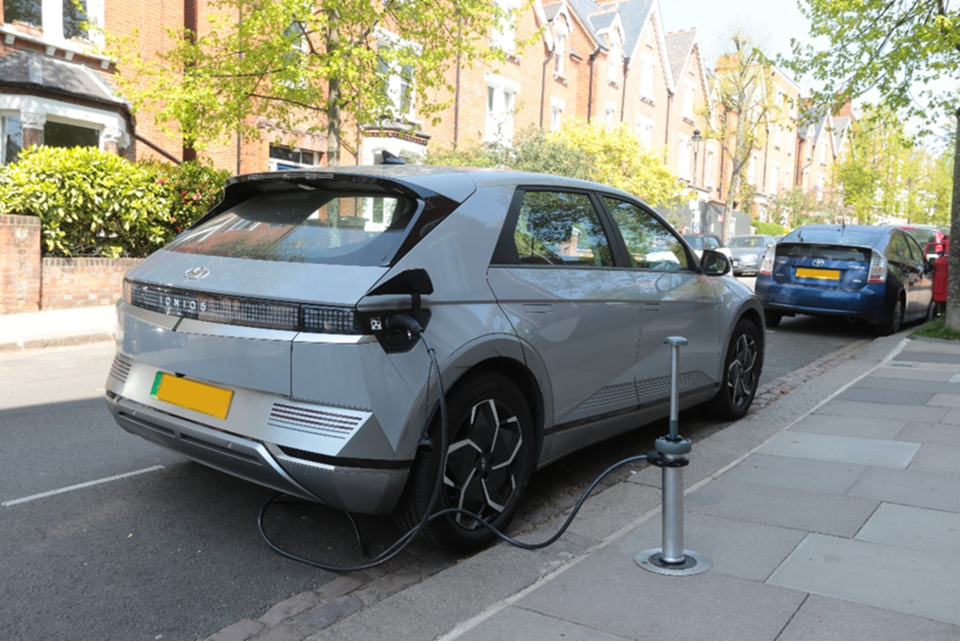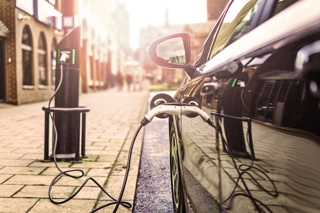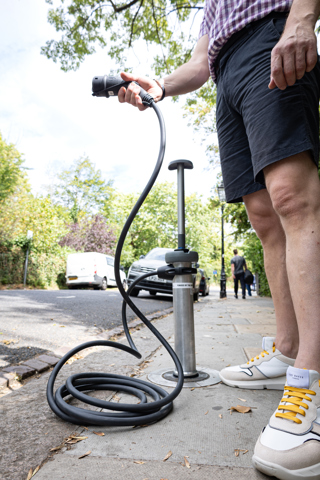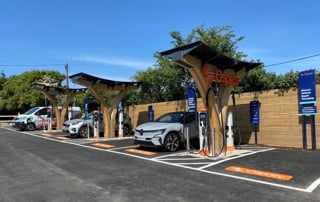UK councils are set to install more than 16,500 electric vehicle charging stations over the next 12 months, doubling the number of public chargers currently installed.
The research, conducted by British Gas under a Freedom of Information (FOI) request to more than 400 UK councils of which 195 responded to all questions asked, revealed that local authorities have installed 16,680 EV charging points to date, with a further 16,563 planned to be installed over the next 12 months.
It shows that local authority owned EV charging capacity is set to more than double in five regions and nations across the UK.
London reported the highest uplift in charger numbers (101% increase from 7,848 to 15,753) followed the East of England (131% increase from 974 to 2,254), the North-West (450% increase from 375 to 2,064), the South-West (172% increase from 533 to 1,455) and Wales (101% increase from 394 to 793).
A smaller uplift in charge point installations is expected from councils across the South-East (98% increase from 1,686 to 3,345), Yorkshire (94% increase from 478 to 931), the North-East (83% increase from 424 to 780), the Midlands (67% increase from 1,180 to 2937), and Scotland (40% increase from 2,137 to 3,039).
Despite the planned increases in capacity, the data revealed 24 councils currently have no plans to install EV charging stations in the next 12 months, the majority (70%) of which are located outside of London and the South-East.
Kim Royds, director of EVs at British Gas, said: “Electrifying the UK's transport systems is a key component of its journey to net zero, and universal adoption of EVs will only be possible if the charging capacity is there to support it.
“It’s incredibly encouraging to see council investment in public charging infrastructure gather momentum.
“Local councils have an important role to play in expanding the UK’s EV charging infrastructure, giving drivers access to publicly available charge points in every town and city in the UK.
“Of course, alongside this we will need investment in home charging too in order to ensure that we create a robust charging network that enables everyone to benefit from an electric future.”
The 23 councils that expressed no plans to install charging points in the next 12 months are: East Cambridgeshire; Lancaster; East Hampshire; Havant; Lancashire; Surrey Heath; Melton; Erewash; Maidstone; Calderdale; Knowsley; Peterborough; Dartford; Somerset West and Taunton; Midlothian; Lincoln; Orkney; Test Valley; Fenland; Mid Ulster; City of London; Ribble Valley; and Bolsover.
The Government recently launched the Local EV Infrastructure (LEVI) pilot scheme for local councils, aimed at delivering commercial EV charging infrastructure for residents, from faster on-street charge points to larger petrol station-style charging hubs.
Nine local authorities will receive a share of £20 million through a new pilot to install more than 1,000 public charge points.
> Interested in comparing electric vehicle data? Check out our EV tool.
> Interested in ensuring the efficient use of EVs. Check out our dedicated editorial sections: Insight & policy | EV news | Charging & infrastructure | Costs & incentives | Benefit-in-kind | EV case studies | EV road tests






















Login to comment
Comments
No comments have been made yet.